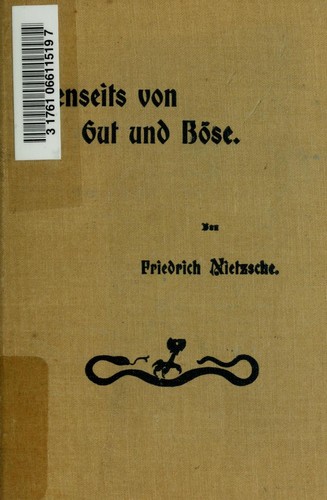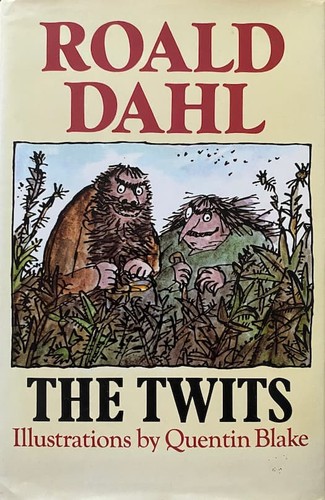Go Went Gone
[A2] Go Went Gone usage in English explains the irregular verb 'go' and its forms: past tense 'went' and past participle 'gone'. Learn when to use each form with clear examples and common mistakes.
Verb forms
“Go”, “went”, and “gone” are three forms of the same verb. “Go” is the base form used for the present, “went” is the simple past form, and “gone” is the past participle form. Choosing the right form depends on the tense and whether you use an auxiliary verb like “have” or “be”.
Which list correctly matches the three forms of the verb “go”?
Go
Use “go” for the present and future meaning, and after auxiliary verbs like “do” and modal verbs like “can”, “will”, and “should”. It describes movement, travel, or leaving, and it also appears in common expressions like “go home” and “go to work”. In questions and negatives, “go” stays in the base form after “do” or “does”.
Subject | Form | Example |
|---|---|---|
Choose the sentence that correctly uses the base/present form “go”.
Went
Use “went” for the simple past to say that the action happened and finished in the past. It does not use “have” in the same clause, because “have” requires the past participle “gone”. In negatives and questions with “did”, you use “go”, not “went”.
Rule | Example |
|---|---|
Which sentence correctly uses “went” for the simple past?
Gone
“Gone” is the past participle and usually needs an auxiliary verb. With “have” or “has”, it forms the present perfect to talk about life experience, recent events, or unfinished time periods. Without an auxiliary, “gone” cannot be the main verb in standard English.
Rule | Example |
|---|---|
Which sentence correctly uses the past participle “gone”?
Have gone
“Have gone” and “has gone” often mean the person left and is not here now, or that the trip is in progress. The focus is on the present result of a past action. Context tells whether it means they are away now or simply that the action happened at an unspecified past time.
Rule | Example |
|---|---|
What does this sentence most likely mean? “Maria has gone to the office.”
Have been
Learners often confuse “has gone” with “has been”. “Has been to” means the person went and returned, so they are not away now. “Has gone to” usually means they went and have not returned yet.
Rule | Example |
|---|---|
Choose the sentence that shows a returned visit (has been to).
Been going
“Been going” is the present perfect continuous form and emphasizes duration or repeated activity from the past until now. It is common with “for” and “since”, and it often describes habits or ongoing travel patterns rather than one completed trip. This form uses “been” plus the -ing form “going”.
Rule | Example |
|---|---|
Be going
“Be going to” expresses a planned future or a future that seems likely based on evidence now. It uses a form of “be” plus “going to” plus the base verb. This is different from “go” meaning travel, because “going to” is a future marker in many contexts.
Rule | Example |
|---|---|
Choose the sentence that uses “be going to” for a planned future or prediction.
Questions negatives
In the present simple, questions and negatives use “do” or “does” plus the base form “go”. In the past simple, they use “did” plus “go”, not “went”. The auxiliary carries the tense, so the main verb stays in the base form.
Rule | Example |
|---|---|
Which question is correct for past simple?
Quick guide
Use “go” for present and after auxiliaries and modals, “went” for simple past, and “gone” as the past participle with “have” or in passive-like result phrases. For location and return meaning, remember the contrast between “has gone to” and “has been to”. These choices cover most everyday usage of the three forms.
Rule | Example |
|---|---|
Which short rule is correct?














